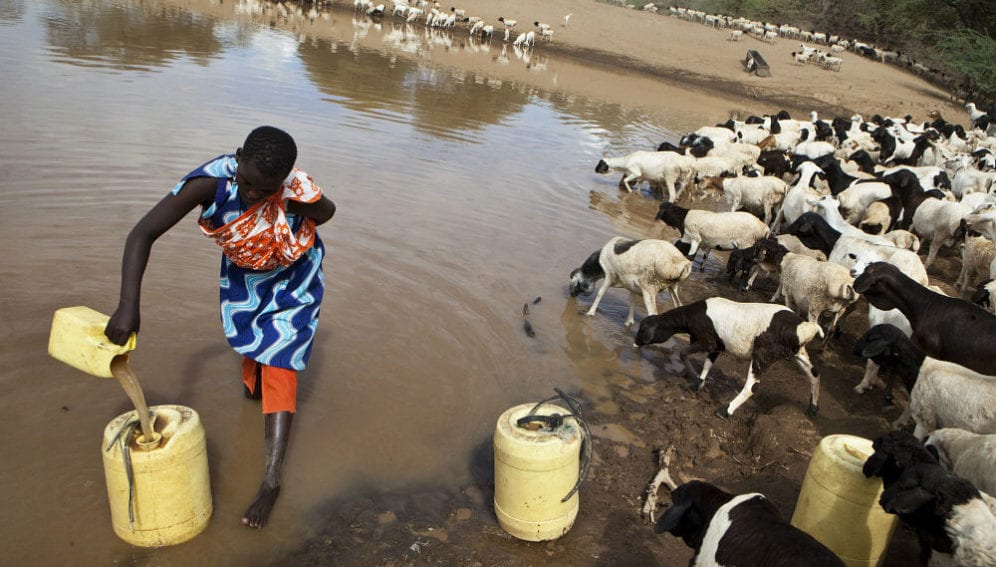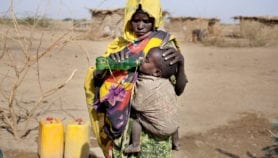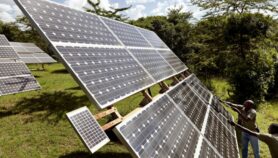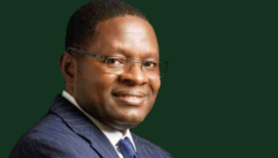By: Jacquie Ogada
Send to a friend
The details you provide on this page will not be used to send unsolicited email, and will not be sold to a 3rd party. See privacy policy.
[NAIROBI] Science has proved that climate change and its impacts such as prolonged drought and extreme rainy conditions are occurrences that humanity has to grapple with.
Whereas Africa contributes the least to human-induced climate change globally, the continent is suffering most from it impacts including destruction of infrastructure such as roads, and reduced agricultural productivity, thus threatening food security in the region.
But Africa needs to deal with climate change-induced dangers, as well as take advantage of the opportunities that can come from cooperation and investment in ambitious climate action. This was the cornerstone of the Africa Carbon Forum 2018 held in Kenya last month (11-13 April).
“We should rely on collective efforts rather than individualism, put all our resources together and make our continent environmentally friendly.”
Jacquie Ogada
The meeting that was convened by the United Nations Framework Convention on Climate Change, which provides organisational support and technical expertise, was to address the efforts that should be made effectively to help Africa tackle climate change.
Highly of interest to me was the fact that we cannot hide from climate change related problems because as noted during the meeting “we are all together and we have one place to live in”. It is, therefore, our duty to take care of the environment by working on implementing suitable efforts to limit global warming this century to as close to 1.5 degrees Celsius as possible, foster climate resilience and align global finance flows with pathways towards low emission and sustainable development.
However, I find it intriguing given the high level of coordination required to fulfil this goal. For instance, as of early 2018, there were 65.6 million people forcibly displaced worldwide, according to the United Nations High Commissioner for Refugees. In Africa, most displaced people use wood fuel for cooking and heating with ineffective and polluting combustion methods.
To curb these problems, opportunities such as all parties raising their level of ambitious programmes to lower global warming is very vital. Africa needs to dialogue with developed countries to provide technical, financial and even political support to the Africa Union.
What caught my interest also was when a delegate mentioned the need to support the media in producing content for promoting environmental sustainability. Lack of enough media houses and journalists covering issues to deal with the environment in accessing manner is very common in Africa.
The public should be made aware of what is going on their surroundings. Going forward, I hope that key actors will discuss this mater and act on its implementation because journalists are key to promoting environmental sustainability.This conference made me realise that because of the negative impacts of climate change, we should rely on collective efforts rather than individualism, put all our resources together and make our continent environmentally friendly to combat change and its related impacts.
This piece was produced by SciDev.Net’s Sub-Saharan Africa English desk.














